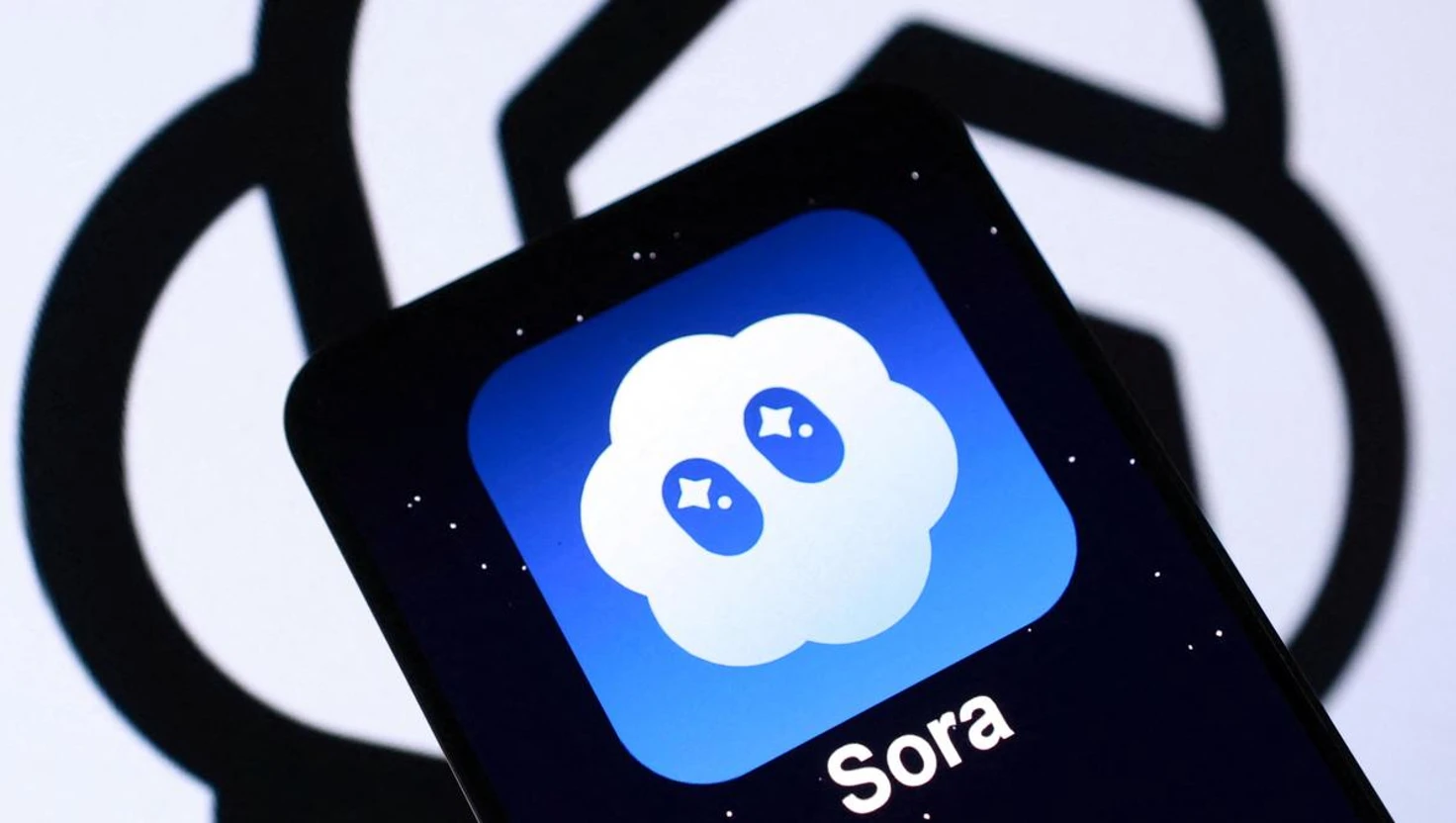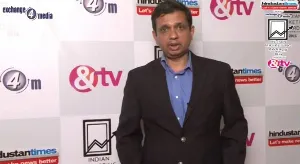AI video app Sora launches on Android across Asia and North America

OpenAI has rolled out its artificial intelligence video-generation application, Sora, to Android users in seven countries, marking a major expansion of its latest media-creation technology beyond Apple devices. The app, which allows users to produce short, realistic videos from simple text descriptions, is now live on the Google Play Store in the United States, Canada, Japan, South Korea, Taiwan, Thailand and Vietnam.
Previously available only on iOS and to limited regions, the Android release opens the tool to millions of new users across North America and Asia. OpenAI said more countries and features would follow, though it has not yet announced availability in major markets such as India.
The launch builds on strong early demand following Sora’s debut on Apple’s App Store, where it was downloaded more than one million times within five days, according to the company.
Sora uses OpenAI’s latest Sora 2 model, designed to create highly realistic motion, lighting and audio effects. The system works by turning a written prompt into a high-definition clip, with the underlying technology attempting to simulate real-world physics, scenes and character behaviour. OpenAI says the software also supports multiple styles, including cinematic footage and animation.
In addition to generating videos, Android users can edit existing clips, remix other creations and browse a personalised feed of AI-generated content. Unlike some rival platforms that emphasise creator communities, OpenAI has integrated more social-style features, prioritising videos created by friends and personal contacts in user feeds.
Sora also includes a feature called “Cameos”, which allows individuals to insert themselves or others into AI-created scenes using a short video and voice sample. The system can replicate a person’s appearance and speech patterns “while maintaining full user control over data”, OpenAI says. Users can delete or revoke clips featuring their likeness at any time.
To protect younger users and manage output quality, OpenAI has added several safety controls. Teen accounts include daily video creation limits and parental-supervision options accessible through the company’s ChatGPT system. The platform also employs moderation tools aimed at preventing harmful or inappropriate content.
Output capacity is tiered by subscription level. Free users, ChatGPT Plus subscribers and Teams accounts can generate up to 30 videos per day, with Pro subscribers offered up to 100. Once a user reaches their limit, they can buy additional bundles of ten video generations, priced at around US$4 through in-app purchases. Apple’s billing system is currently used for payments on iOS, with similar mechanisms expected for Android.
OpenAI has not disclosed a timeline for wider international availability, including in India, Europe or the Middle East. The company said rollout decisions are tied to safety, regulatory readiness and product development.
The release adds another major player to the fast-growing market for AI video-generation tools, where technology firms are racing to turn text-to-video research into consumer-focused products. Meta, Google and several start-ups are developing their own platforms, with Meta’s Vibes feature positioned as a prominent competitor in the social-AI space.
While earlier artificial-intelligence tools focused heavily on images and text, video is widely seen as the next frontier, with potential applications in entertainment, advertising, education and digital communication. Analysts say advances in video models could transform creative industries, though they also raise concerns about deepfakes, misinformation and copyright challenges.
OpenAI has emphasised that Sora includes safeguards to limit misuse and detect manipulated content, though experts note that rapid improvements in generative media still pose regulatory questions for governments and technology companies.
With Sora now on Android, OpenAI is broadening access to its most advanced media model at a time when global technology firms are accelerating investment in creative AI systems. The wider rollout signals growing confidence in the technology’s commercial potential, while highlighting the company’s efforts to balance innovation with safety measures.
As more regions gain access in the coming months, governments and industry observers will likely watch how AI-generated video spreads across mainstream social platforms — and how regulators respond to its increasing sophistication.

Rakshit Hargave Joins Britannia Industries as New CEO

Asian Stock Markets Decline Amid Fears of AI Valuation Bubble

Rishabh Pant Returns as India Announces Test Squad for South Africa

Zohran Mamdani: Ugandans Celebrate New York Mayor of Ugandan Descent





